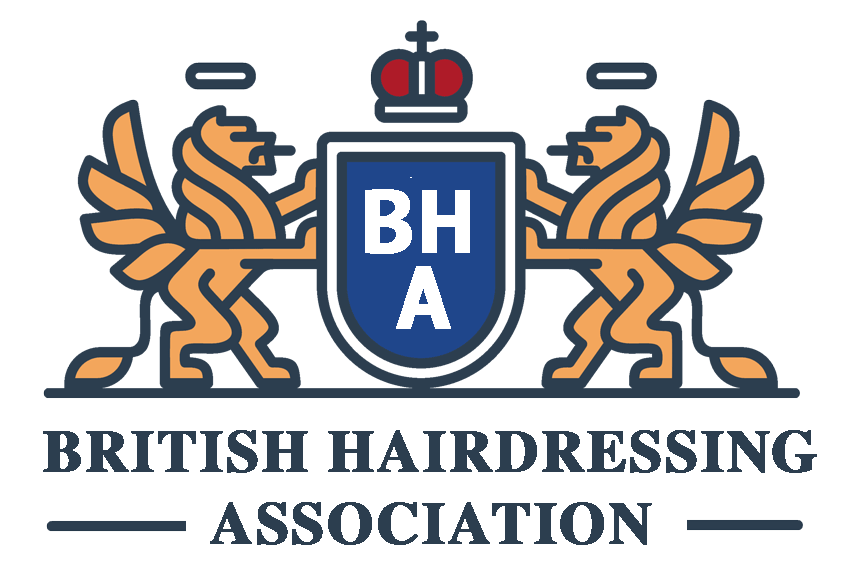Understanding the Ins and Outs of Hairdressing Licensing in Different UK Regions
What is Hairdressing Licensing?
Hairdressing licensing is a regulatory requirement for individuals who want to work as professional hairdressers in the United Kingdom. It ensures that hairdressers have the necessary skills, knowledge, and training to provide safe and high-quality services to their clients.
Understanding Hairdressing Licensing in Different UK Regions
In the UK, hairdressing licensing is regulated by different authorities in each region. This means that the requirements and process for obtaining a hairdressing license may vary depending on where you want to work. It is important for aspiring hairdressers to understand the specific licensing regulations in their region.
England
In England, hairdressing licensing is not currently mandatory. This means that hairdressers in England do not need to obtain a specific license to practice. However, it is still important for hairdressers to undergo proper training and obtain relevant qualifications to ensure they are equipped with the necessary skills and knowledge to provide professional services.
Scotland
In Scotland, hairdressers are required to obtain a license to practice. The licensing process typically involves completing a relevant qualification, such as an SVQ in Hairdressing, and registering with the appropriate regulatory body, such as the Scottish Hairdressing Federation.
Wales
In Wales, the licensing requirements for hairdressers are similar to those in Scotland. Hairdressers are required to complete a relevant qualification and register with a regulatory body, such as the Hairdressing Council, to obtain a license to practice.
Northern Ireland
In Northern Ireland, hairdressing licensing is also mandatory. Hairdressers must complete a relevant qualification and register with the Hair and Beauty Industry Authority (HABIA) to obtain a license to practice.
Conclusion
Understanding the ins and outs of hairdressing licensing in different UK regions is essential for aspiring hairdressers. By familiarizing themselves with the specific requirements in their region, they can ensure they are properly qualified and licensed to provide professional hairdressing services to clients.
By adhering to these regulations, they not only protect themselves and their clients but also contribute to upholding the standards and reputation of the hairdressing industry in the UK.


